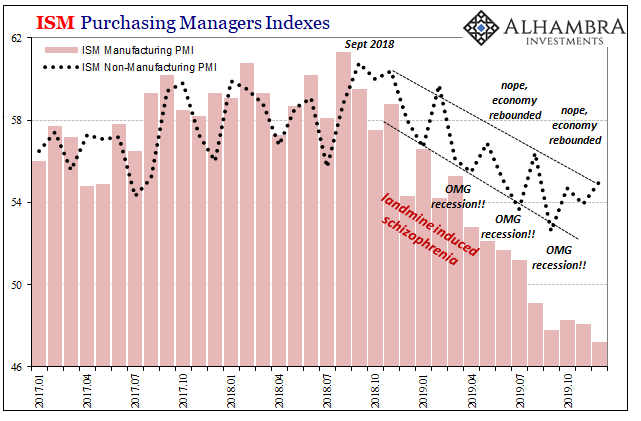It may sound incredible after all the bad news spitted by mainstream media, the latter are bedinning to preise Bitcoin. In fact, by describind Sout Korea and India as the new hub for crypto development, they shifted the narrative: from being skeptic to interest. Why? And why those two countries, once FUD deliver, now are becoming crypto friendly? Beceuse they spotted the trend: the dawn of fiat money. The best proof according to this thesis lies in front of us, and more specifically inside the Federal Reserve (a cornerstone when it comes to financial “stability”).
FED’s balance sheet peaked at $4.5 trillion from a base of $900 billion, at the time of the crisis in 2008. They rolled it back a little bit under the short-lived Quantitative Tightening (QT). The minute the stock market had a moderate hissy fit last fall and last Christmas, they immediately dropped the project, announced the end of QT in August, and started back the other way. So, now they’re back up to $4 trillion and rising rapidly.
Contrary to popular thinking, recessions are not about declines in various economic indicators as such — they are about the liquidation of business errors brought about by previous loose monetary policies. They are about the liquidation of activities that sprang up on the back of previous loose monetary policy. The ensuing adjustment of production may or may not manifest itself through a negative GDP growth rate.
As a rule, symptoms of a recession emerge once the central bank tightens its monetary stance. What determines whether an economy falls into a recession or just suffers an ordinary economic slowdown is the state of the pool of real savings. As long as this pool is still expanding, a tighter central bank monetary policy will culminate in an economic slowdown. In other words, notwithstanding that various non-wealth-generating activities will suffer, overall economic growth will be positive, the reason being that there are more wealth generators versus non–wealth generators. This is reflected by the expanding pool of real savings.
As long as the pool of real savings is expanding, the central bank and government officials can give the impression that they have the power to prevent a recession by means of monetary pumping and the artificial lowering of interest rates. In reality, however, these actions only slow or arrest the liquidation of activities that emerged on the back of easy monetary policy, thereby continuing to divert funding from wealth generators to wealth consumers. What in fact gives rise to a growth rate in economic activity is not monetary pumping but the fact that the pool of real savings is actually growing.
The illusion that through monetary pumping it is possible to keep the economy going is shattered once the pool of real savings begins to decline. Once this happens, the economy begins its downward plunge, i.e., the economy falls into a recession. The most aggressive loosening of money will not reverse the plunge (for money cannot replace bread). In fact, rather than reversing the plunge, loose monetary policy will further undermine the flow of real savings and thereby further weaken the structure of production and thus the production of goods and services.
And this is demonstrated in practice by the most recent liquidity injections by the FED into the repo market (which does nothing but support an economic sector that should instead undergo a correction), while Main Street continues to languish along the flatline if not worse.

In this context, therefore, it is not surprising that Bitcoin has become a store of value. The financial repression implemented by the central bank is making this aspect to emerge, also confirmed by the recent tensions in the Middle East. What drove bitcoin to the success and valuation it experiences today has everything to do with the capabilities it provided for permissionless transaction, and very little — if anything — to do with mimicking existing systems of currency. Thanks to its disruptive nature, it allows market players to protect their wealth from waste, opening the window in the future to a myriad of technological applications that will improve the lives of individuals.
So don’t worry about the recession, it’s just a way through which you can better assess the risk and which projects are really viable. The recession allows the emergence of opportunities. Bitcoin is the solid base to start from.
